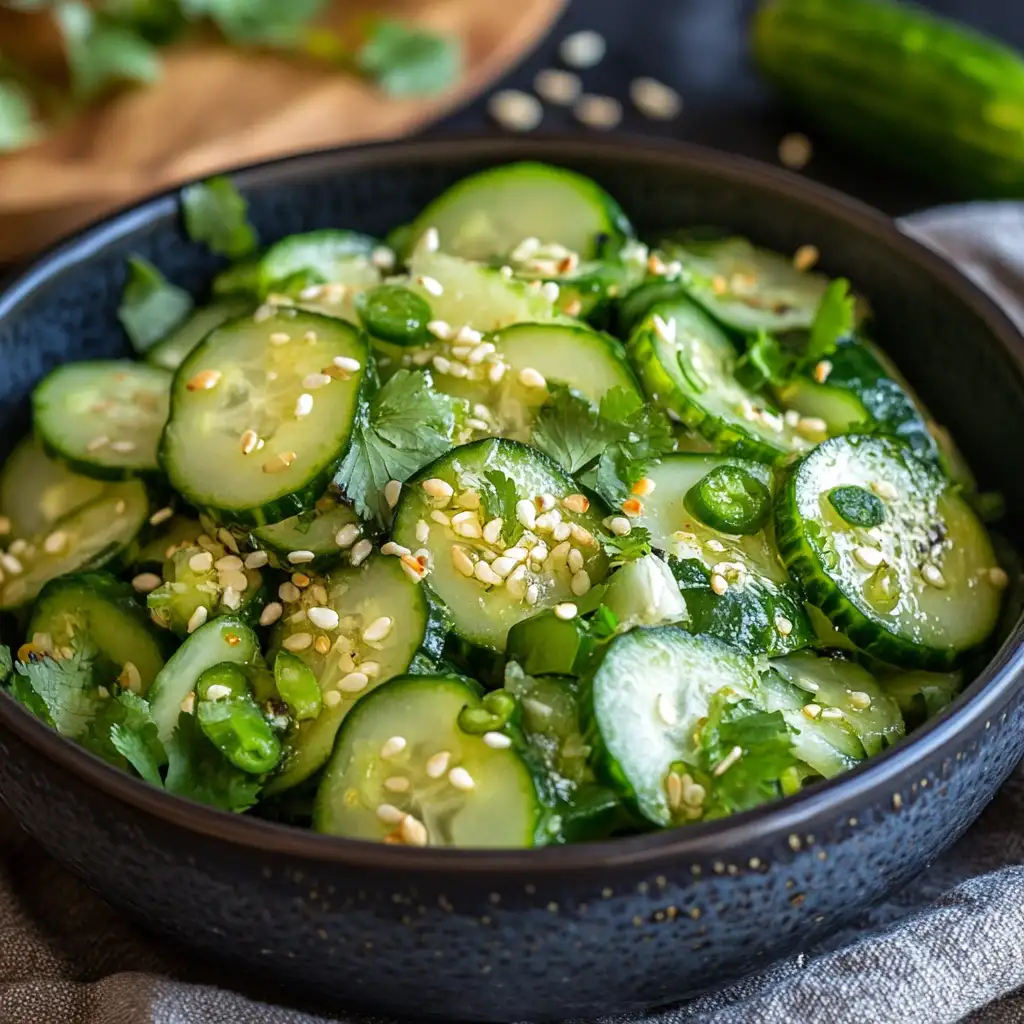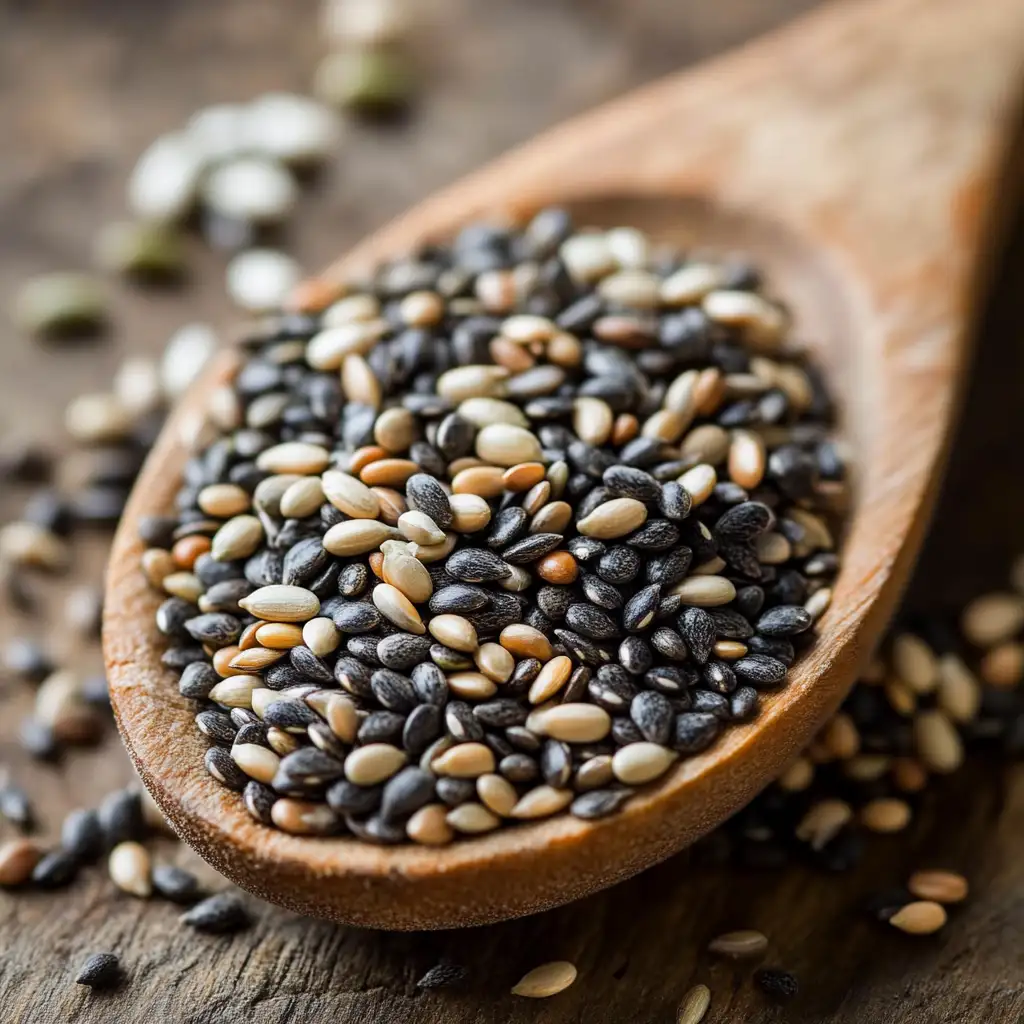
Is Sikh Food Vegetarian?
Sikhism, a monotheistic religion that originated in the Punjab region of India in the 15th century, emphasizes principles of equality, compassion, and service. Central to Sikhism is the practice of Langar, a communal meal shared by everyone regardless of social status, religion, or background. This practice has sparked curiosity about the dietary preferences of Sikhs, particularly whether their food is predominantly vegetarian.

Introduction to Sikh Dietary Practices
Sikhism does not have strict dietary laws like some other religions. However, it does promote simplicity, moderation, and the avoidance of alcohol and other intoxicants. One of the core tenets of Sikhism is to respect all forms of life, which has led to a significant number of Sikhs adopting a vegetarian diet. The Langar, served in every Gurdwara (Sikh temple), is always vegetarian to ensure that it is accessible to all, regardless of dietary restrictions based on religious or personal beliefs.
Traditional Sikh Dishes
The cuisine served in Sikh households and Gurdwaras is rich and diverse, reflecting the agricultural bounty of Punjab. Here is a list of some traditional Sikh dishes:
Dal Makhani: A creamy lentil dish made from whole black lentils and kidney beans, simmered with butter and cream. It’s a staple in many Sikh households.

Saag: A popular dish made from mustard greens and spinach, often served with Makki di Roti (corn flatbread).

Chole Bhature: A combination of spicy chickpeas (chole) and deep-fried bread (bhature). This is a beloved dish in Punjabi cuisine.

Aloo Gobi: A dry curry made with potatoes (aloo) and cauliflower (gobi), seasoned with a variety of spices.
Paneer Butter Masala: A rich and creamy dish made with paneer (Indian cottage cheese) cooked in a tomato-based gravy with butter and cream.
Raita: A side dish made from yogurt mixed with cucumbers, onions, and various spices, used to cool down the palate.

Kheer: A traditional Indian rice pudding made by boiling rice with milk and sugar, flavored with cardamom, raisins, saffron, and nuts.
Vegetarianism in Sikhism
While the Langar served in Gurdwaras is strictly vegetarian, the dietary habits of Sikhs outside the temple can vary. The vegetarian nature of the Langar is rooted in inclusivity and respect for all visitors. It ensures that the meal can be consumed by individuals of different religious backgrounds, many of whom may follow dietary restrictions that exclude meat.
In terms of personal dietary choices, there is no explicit prohibition against eating meat in Sikhism. The Guru Granth Sahib, the holy scripture of Sikhism, does not mandate vegetarianism, but it does emphasize the importance of a simple and pure lifestyle. Many Sikhs choose vegetarianism as a way to honor the principle of non-violence and respect for all living beings.
However, some Sikhs, particularly those from rural areas or those who follow certain cultural traditions, may consume meat. The Nihang Sikhs, a traditional warrior order, for instance, are known to consume meat as part of their martial tradition. Yet, they follow strict guidelines regarding the preparation and consumption of meat, ensuring that it is done with respect and minimal harm.
Conclusion
Sikh food, particularly the food served in Gurdwaras, is predominantly vegetarian. This practice aligns with the principles of inclusivity, compassion, and respect for all forms of life. However, individual dietary practices among Sikhs can vary, with some choosing to consume meat based on personal, cultural, or traditional reasons. The absence of strict dietary laws in Sikhism allows for a diversity of practices, reflecting the religion’s broader emphasis on personal choice and moral responsibility.
In essence, while Sikh communal food practices lean towards vegetarianism to uphold inclusivity and respect, individual Sikhs have the freedom to choose their diet based on their interpretations of the religion’s teachings and their personal or cultural preferences. This flexibility is a testament to the inclusive and compassionate nature of Sikhism, where the focus is on living a righteous life rather than adhering to strict dietary regulations.





































